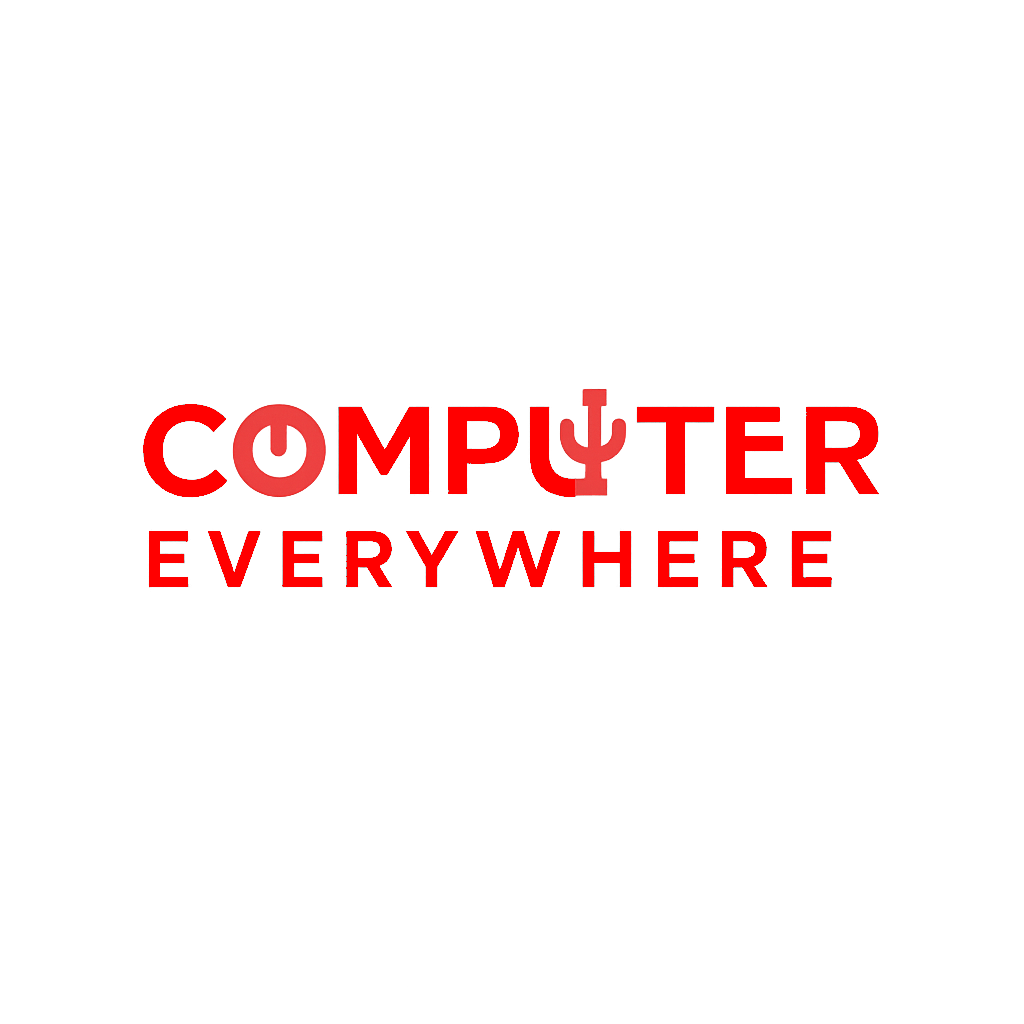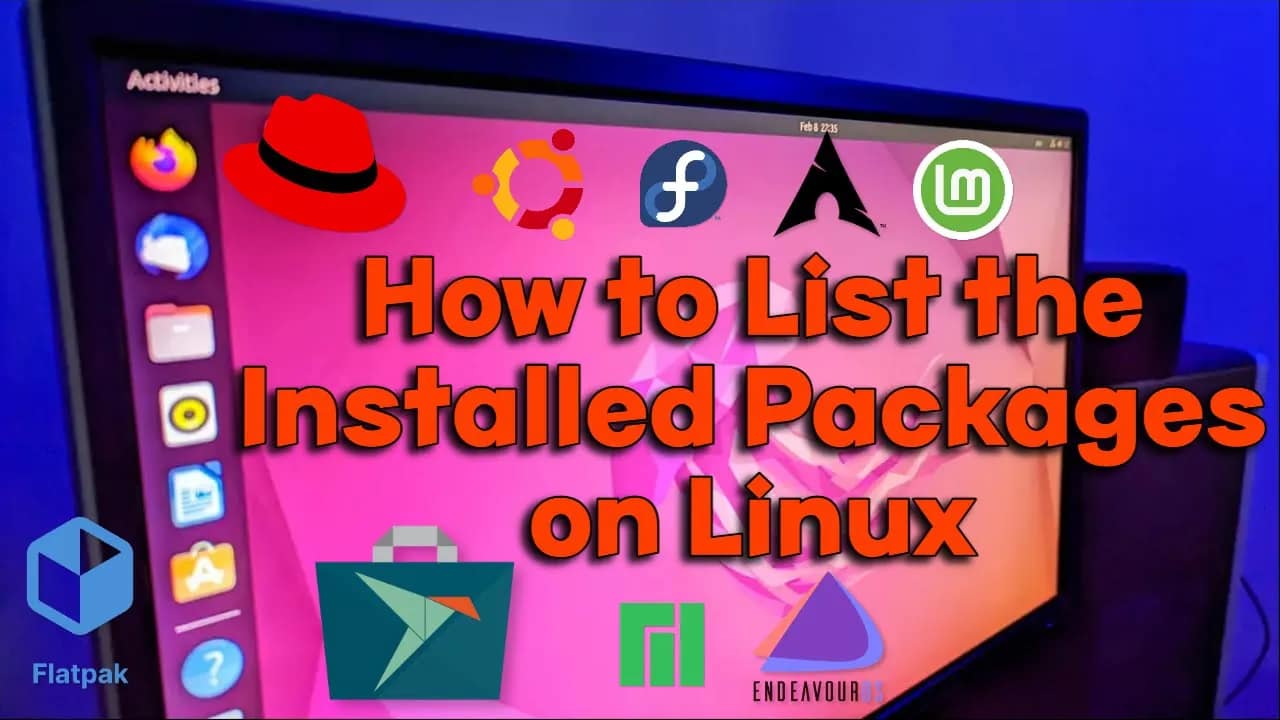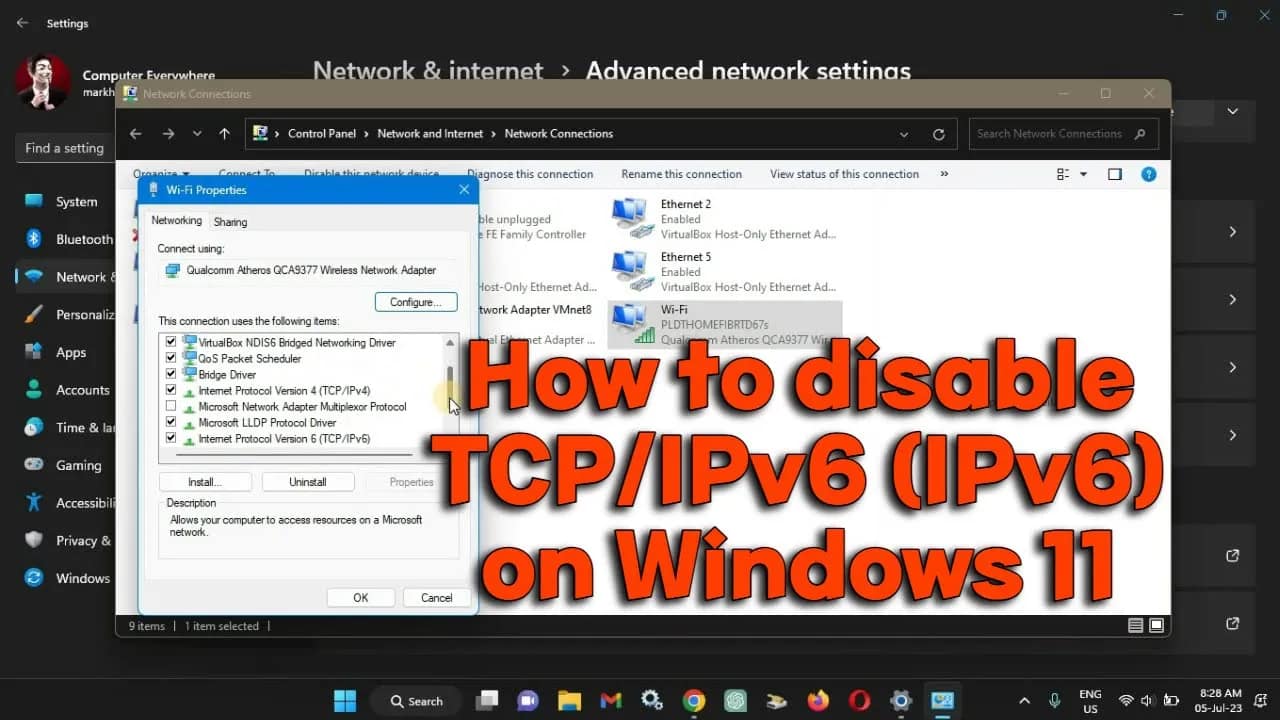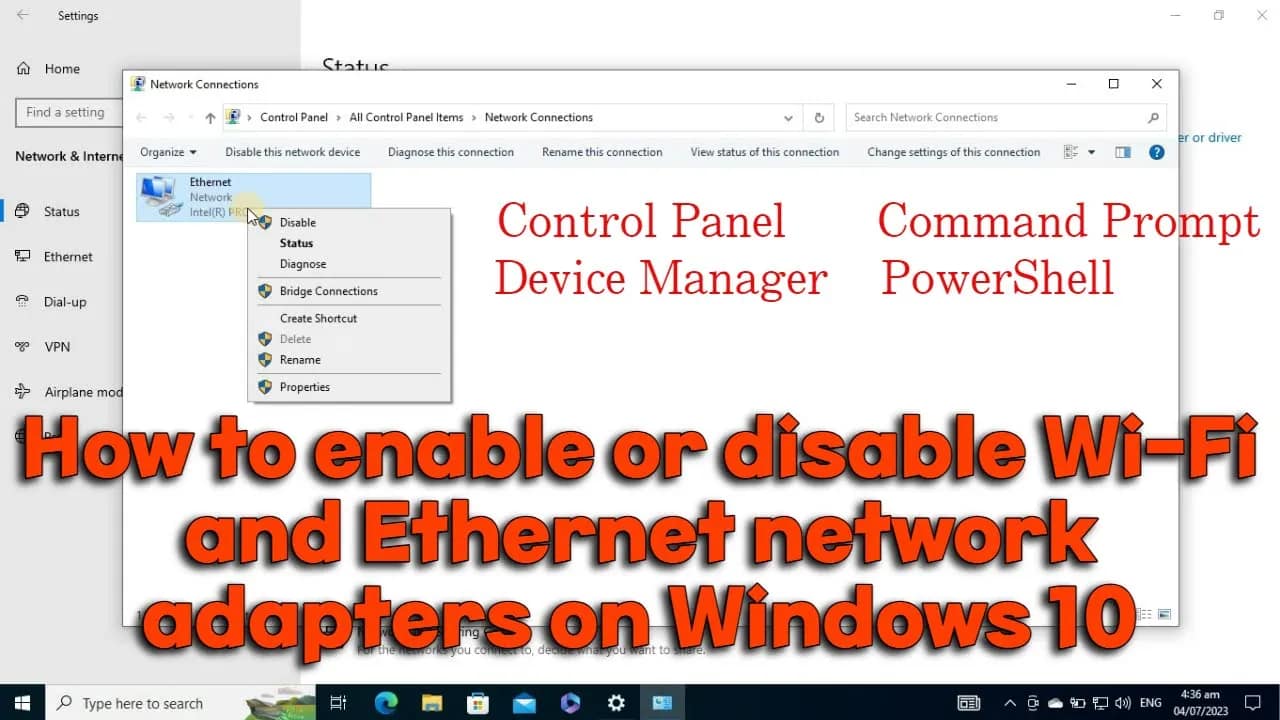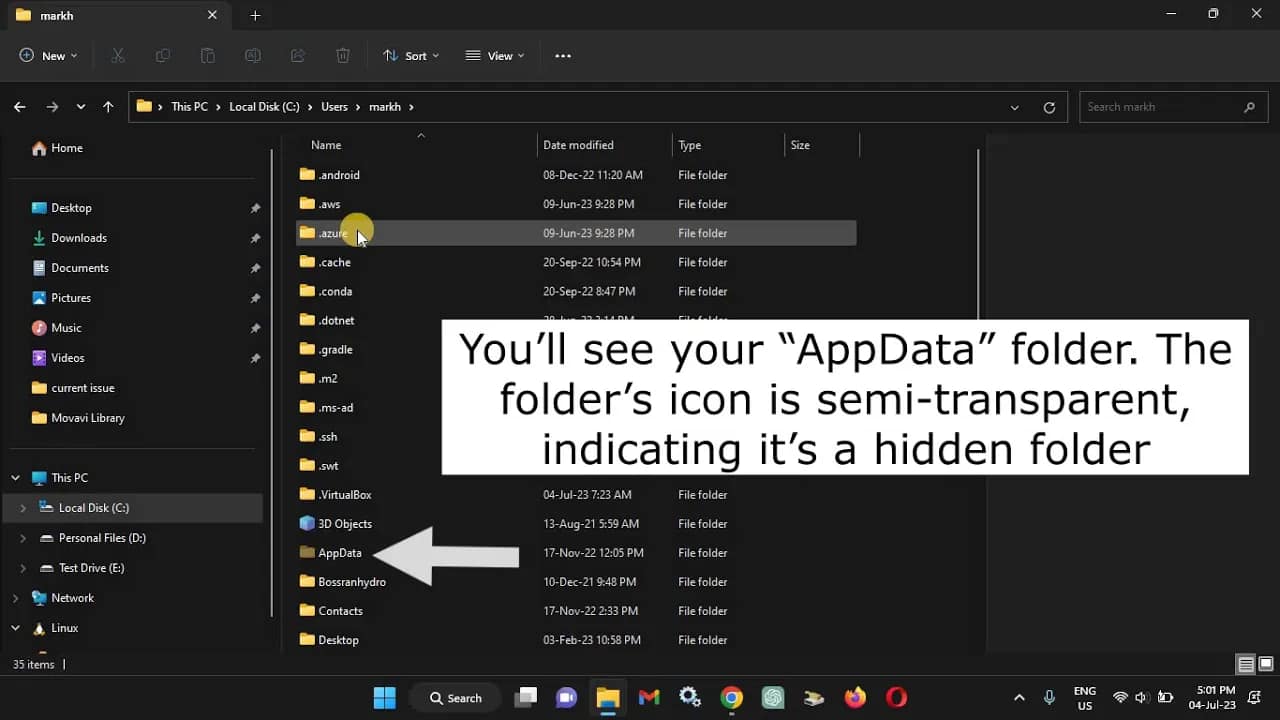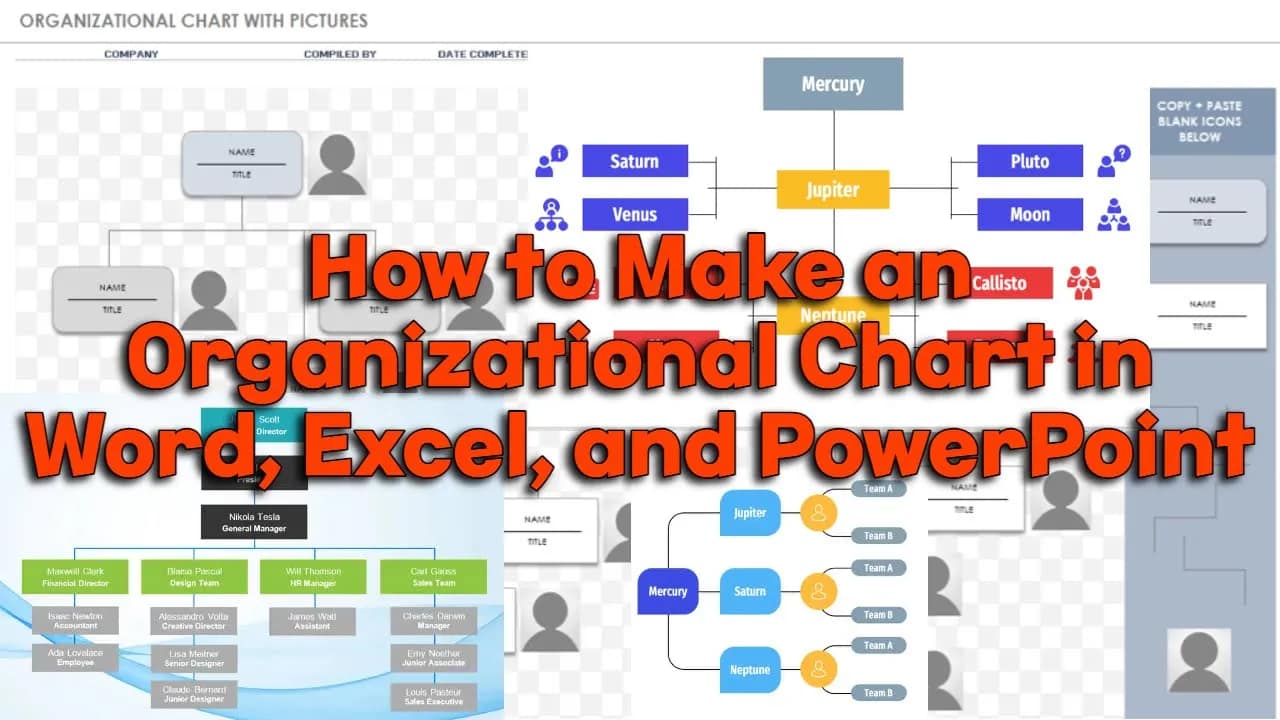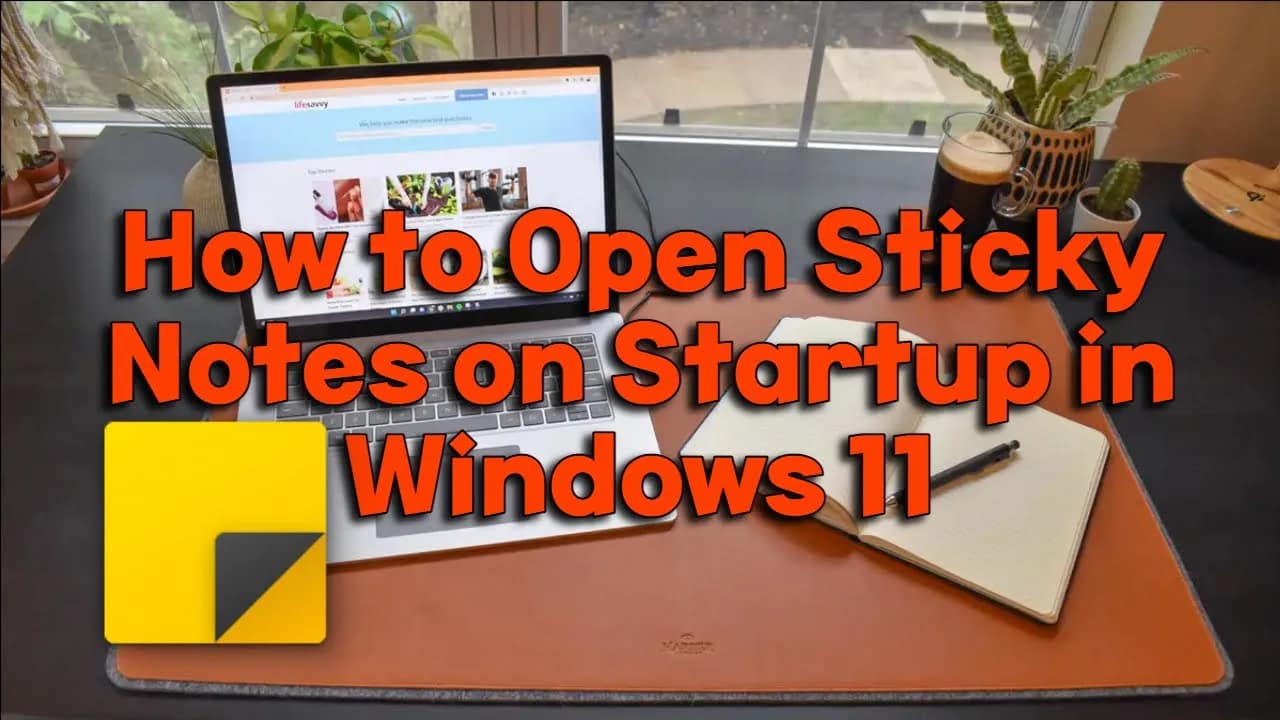Your cart is currently empty!
Whether you’re managing a Linux server, troubleshooting an issue, or just curious about what’s on your machine, knowing how to list installed packages is essential. The commands you use will depend on your distribution—Debian-based, Red Hat-based, Arch, and so on. This guide covers the most common package managers so you can quickly check installed software,…
IPv6 is the next-generation internet protocol, but not every network or device plays nice with it yet. If you’re having connectivity issues, or you just need to turn it off for troubleshooting, here’s how you can quickly disable IPv6 (TCP/IPv6) on your Windows 11 PC. Method 1: Disable IPv6 via Network Adapter Settings Method 2:…
If your internet isn’t working, or you want to troubleshoot your connection, sometimes you need to enable or disable your network adapters. Here’s how you can do it quickly on Windows 10 for both Wi-Fi and Ethernet. Why You Might Need to Do This Let’s get right to the steps. 1. Open the Network Connections…
Are you trying to find the AppData folder on your Windows 11 PC, but it’s nowhere in sight? You’re not alone. AppData is a crucial folder that stores settings and files for your installed apps, but by default, Windows hides it. If you need to access it for troubleshooting, backups, or customizations, here’s how to…
Creating an organizational chart is one of the simplest ways to visualize the structure of your business or team. Whether you want to show who reports to whom, clarify responsibilities, or just keep your hierarchy clear, you can make a professional-looking org chart using Microsoft Word, Excel, or PowerPoint. Here’s how. 1. How to Make…
Sticky Notes is a simple, powerful tool in Windows 11 that helps you keep track of important reminders, tasks, and ideas. But wouldn’t it be great if your notes popped up automatically every time you start your computer? Here’s how to make Sticky Notes open on startup in Windows 11—no extra software needed. Why Open…
Chrome for Android is packed with hidden features—if you know where to look. Tucked away behind the scenes are Chrome flags: experimental settings that can unlock better browsing, smoother performance, and new tools before they hit the mainstream. Not sure where to start? Here are 9 useful Chrome flags you should consider enabling right now.…
If you want to create crisp, scalable graphics for web, print, or personal projects, Inkscape is one of the best free tools out there. It’s powerful, open source, and runs on pretty much any Linux distribution. Here’s how you can get Inkscape up and running on your Linux system in a matter of minutes. Why…
Krita is a powerhouse for digital painting, illustration, and concept art. If you’re on Linux, getting Krita up and running is easy—but it helps to know your options. Here’s how to install Krita on your Linux system, step by step. 1. Install Krita from Your Distribution’s Package Manager Most major Linux distributions keep Krita in…
If you’re coding in Python on Ubuntu, using a virtual environment is non-negotiable. It keeps your projects organized and prevents dependency chaos. Here’s how to get your virtual environment up and running—no fluff, just steps. Step 1: Make Sure Python Is Installed Most Ubuntu versions come with Python pre-installed. To check, open your terminal and…

